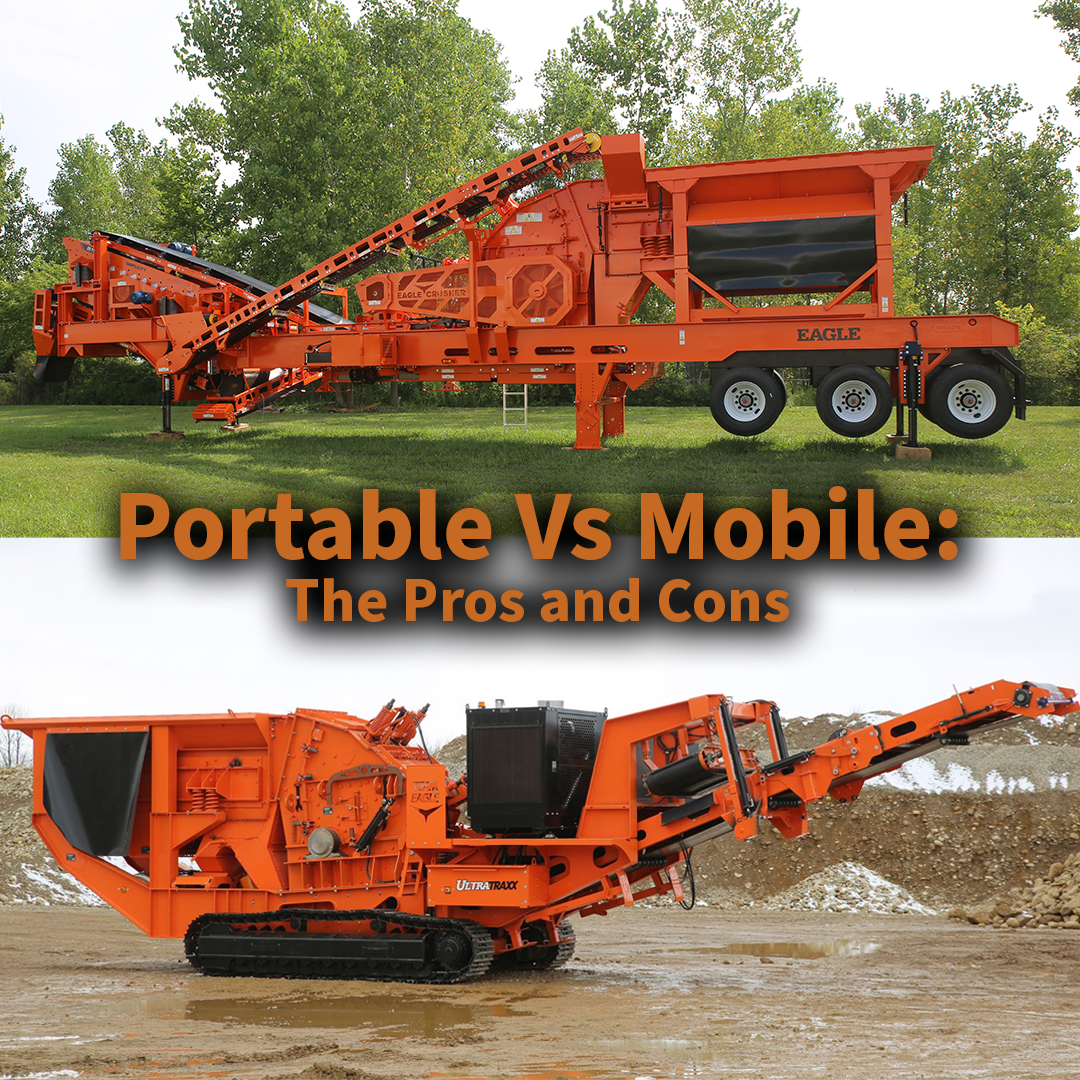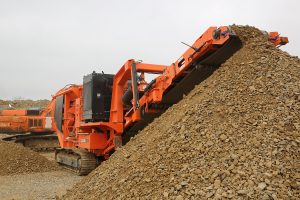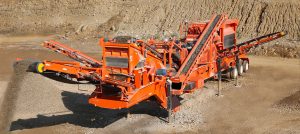Blog
Mobile Vs Portable Rock Crushers: The Pros and Cons

Mobile Vs Portable Rock Crushers: The Pros and Cons
We all know that different material processing jobs present unique challenges and with the current world market, buying the right crushing equipment is critical to keeping your company up and crushing. One of the first questions you might ask yourself when it comes to crushing equipment is portable or mobile?
Although these styles of rock crusher plants may appear similar, their distinctions could impact the profitability of your business and consequently deserve a closer look.
Mobile Rock Crushers

Pros
The key advantage of mobile rock crushers is clear: because they are self-propelled, the time and labor it requires to move the machines from site to site at the jobsite are lower.
Due to its tracks, a mobile rock crusher can navigate certain terrain that wheeled units may find more difficult.
Cons
As mobile plants become more complex, especially when a screen is hung on the discharge conveyor, moving them can require the screen to be removed before tracking to a new spot.
While mobile crushers are compact, the need to fit the chassis on tracks results in a plant with minimal clearance that makes it far harder to service.
The distance between the crusher discharge and the plant belt is compromised.
Since a mobile plant has limited space between the crusher discharge and plant belt, as well as smaller feed hoppers than portable plants, production is severely compromised.
Some mobile units have a specialized trailer built for that unit or requires a gooseneck double drop trailer with ramps. The larger mobile units require multiple loads to transport.
Portable Rock Crushers

Pros
Production is king with a portable plant. It produces a higher volume of end product than comparably sized mobile plants.
A portable rock crusher can maximize its space in order to enable steel and large volume material to pass onto the plant discharge belt.
With the open design of the portable rock crushers, maintenance is easier to complete, minimizing your down time.
Portable crushing plants can feature two- or even three-deck screens allowing multiple products to be produced simultaneously.
Cons
Portable plants generally require tractors in order to move.
For transport, larger portable plants generally need to be partially disassembled; for example, the hopper feeder and magnet, if used, needs to be transported on a separate trailer. However, there are single-pull portable plants, such as our RapiDeploy® plants.
Choosing the right one
Bearing each of these comparisons in mind, the value of a crusher makes itself known, not only through its intended application, but through the broader context of your business itself. It is imperative to consider all of the variables that crushing presents so at the end of the day you can make a confident purchasing decision to preserve your bottom line.
If you are still unsure of which crushing equipment is right for you, reach out today! Our Eagle Crusher sales team and our dealers are ready to answer any question you might have.

